Renee Salas is an author, public speaker, and advocate. She is a member of the Virginia Board for People with Disabilities (VBPD) 2013 Partners in Policymaking program, Community Liaison for the College of William & Mary Neurodiversity Working Group. Her first published book is Black & White: A Colorful Look at Life on the Autism Spectrum.
Please tell us about your book Black and White.
Renee Salas: Black and White is a memoir about life, love and understanding from an autistic perspective. It’s about growing up on a spectrum I wasn’t aware of until the diagnosis of my son 5 years ago. Black and White is my take on love, friendship, marriage and how very differently I view these relationships. It reaches back into my childhood and the difficulties I encountered as an undiagnosed child trying to figure out the world around me – school, friendships – without support. And how the past, my late-in-life diagnosis and a better understanding of my neurology aids me greatly in raising my two oldest kids, who are also autistic and my youngest who is not. Black and White is a story about autistic lives, not the disorder itself. And it’s told in a very positive light and most definitely with a sense of humor!
What’s your favorite thing about being a parent?
RS: What my kids have taught, and continue to teach me, about life. Watching them grow and change. The wonder in who they are becoming.
Is there anything you wish you’d known about autism when you were younger?
RS: I wish I had known I was autistic my whole life. I was a late-in-life diagnosis, and while I am grateful to finally have answers, it was a difficult road – growing up without knowing.
Is there anything you wish you’d known about autism when your children were younger?
RS: I am very happy with the way we approach autism in our family. I feel confident in the choices we are making together – choices that our kids are included in. I can’t think of anything I would change.
Any advice for other families raising children that have disabilities?
RS: Talk to people with disabilities. As many as you can: Adults, adolescents, kids. These people are the real experts on disabilities. These are the people that can tell you what life with a disability is like.
Share a favorite memory about someone in your life.
RS: About 6 years ago, one of the seemingly smallest, yet life-altering things occurred right in my kitchen. Bella, who was about 7 at the time, and her little brother Bas, who was 4, were sitting at the table; She reading, and he on the laptop. I don’t remember everything about that day, except that it had been a tough one. We had just relocated to a new area, the pre-school we picked out for Bas hadn’t worked out because they were unable to meet his individual needs. And the fact that he wasn’t speaking was weighing on my mind. No one in our family had been diagnosed with Autism at this point, so there were a lot of gray areas (my autistic brain does not process gray very well). To top it all off, I had a lively 8 month old in need of lots of attention – the complete opposite of her older sister and brother, and most definitely her Mother.
So, Bella and Bas were sitting at the kitchen table. Lexi was in her room napping. And I was standing at the counter, staring out the window, wondering what was happening. I had never experienced anything like this. I had no way of knowing how to proceed, which is very difficult for me. I need black and white. I need rules. I need to know all factors before choosing a direction. I was juggling so many new things and so many unknowns I was at a standstill. At that moment, I felt like I knew absolutely nothing. I wasn’t sad. I wasn’t angry. I was lost. I remember standing there, unmoving, thinking to myself, ‘I need to move forward,’ and I hadn’t the slightest idea how. And then, without looking up from her book, Bella said:
“You know, Mom, sometimes you’ve just got to have faith.”
I remember looking at her and asking her to repeat herself. She had no idea what I was talking about, and swears to this day that she never said a thing. But I know she did, because I heard it… Didn’t I? But all of a sudden, it didn’t matter, because that little phrase, wherever it came from was the direction I needed. I did have to have faith! And it wasn’t faith in a deity. And it wasn’t faith in a system. It was faith in myself to find the right direction. And it was faith in my son’s ability to succeed. I had never lost faith in my son, but I lost faith in myself believing in him, due to outside pressures whispering to me that I hadn’t done enough. That I had done everything wrong. That by not following protocol professionals dictated, that I was doing him a disservice.
It happened in an instant. That one little statement gave me back my clarity of vision. Bella was right. I had been right all along. I have always believed in my kids, no matter what. But that one moment snapped the indecision right out of me. I haven’t lost faith since.
What’s one misconception about autism you want to change?
RS: One? Are you kidding, Lauri? That is so difficult since ASD can be addressed from so many different angles! Hard to choose… All right I’m going to give you two, but I’ll tie them into one: Presumption of Competence and Communication. The misconception that autistic people are less than their neurotypical peers must change. We have to presume competence and at the same time understand that the means to communicate is a top priority. Everyone has the right to communicate!
Who inspires you?
RS: People with disabilities who advocate and refuse to settle for what they are told is ‘best for them’ by non-disabled people and organizations.
If you could change one thing about your or your child’s school, what would it be?
RS: I wouldn’t change anything. We are fortunate enough to have our kids in schools where their individual needs and learning styles are met.
What’s something you’ve done you didn’t think was possible?
RS: I became a public speaker. I am extremely private and, family aside, a very solitary person.
What you do and why?
RS: I am a writer, blogger, public speaker and advocate. Firstly, I began writing about two years ago when I completed a work of fiction that hides in my closet to this day. J, my husband, then suggested I write about my autistic life. I thought that was an interesting idea, so I gave it a shot. It went over so well I began blogging this past December (2012). Secondly, advocacy and public speaking are a bit of a package deal. You could call me an ‘Accidental Advocate.’ I fell into advocacy (and I’m thankful everyday for it) because all three of my children have disabilities to varying degrees and so do I. Public speaking, in regards to advocacy, kind of goes with the territory so I found myself doing that as well.
What does inclusion mean to you?
RS: Inclusion is about making everything in the community accessible to everyone, disability or no. This means our schools, public buildings, transportation, sidewalks, playgrounds, etc… The environment in its entirety. But it’s also about services such as education, employment, community activities, sports, medical, etc… It’s understanding that disability is a natural part of life and because of that, life and the things that go along with living need to be accessible and inclusive to all.
What do you consider your greatest achievement?
RS: If you can consider it an achievement, I will have to say my family – I am extremely lucky to have them. They are most definitely the best part of me!
What do you value most in your friends?
RS:They accept me as I am and don’t try to change me. They don’t try to ‘socialize’ me and their feelings are not hurt in that I prefer to be alone – close friendships can be overwhelming. My friends also understand that I don’t want them dropping by my house or calling – text and email are just fine – and that I’m rarely up for a girls’ night out. And even though it may not sound like it, my friends know that I am honest and loyal and can be counted on when they are in need of my support.
What change would you like to see in your lifetime?
RS: It’s a big dream fueled with a lot of hope, but: Acceptance of people with disabilities. Not awareness, not tolerance, but acceptance.
What’s your most marked characteristic?
RS: I’m blatantly honest, which is not always considered a good thing, and I appreciate the same in return.
Do you have a favorite quote?
RS:“Be the change you wish to see in the world.” I haven’t the slightest idea who actually said it, but I love it! I have seen this quote attributed to Gandhi, however I’ve never seen it factually proven that he said it, so if anyone out there can enlighten me, it would be appreciated!

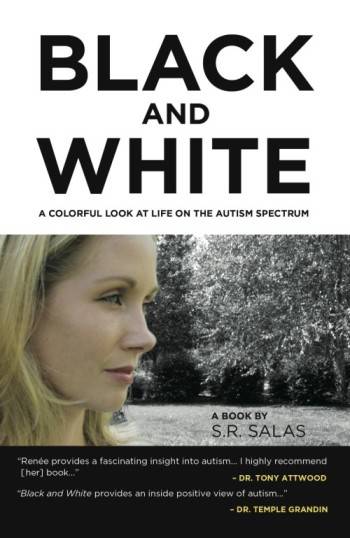


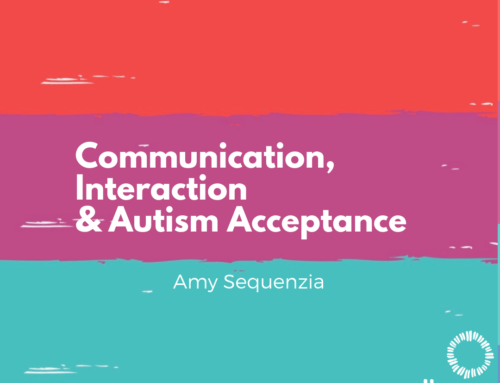
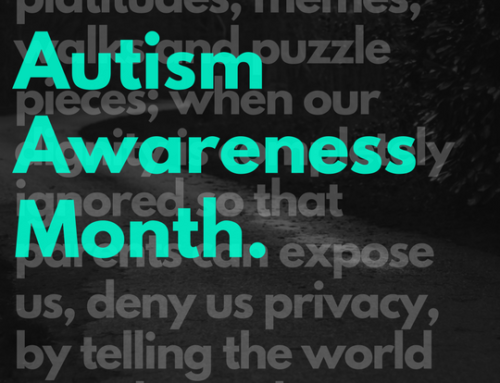
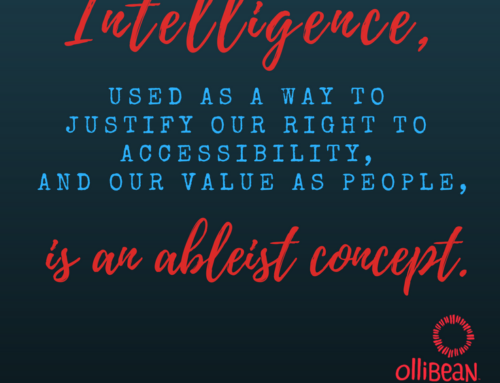
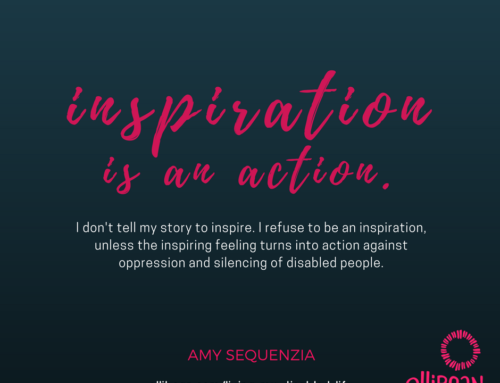
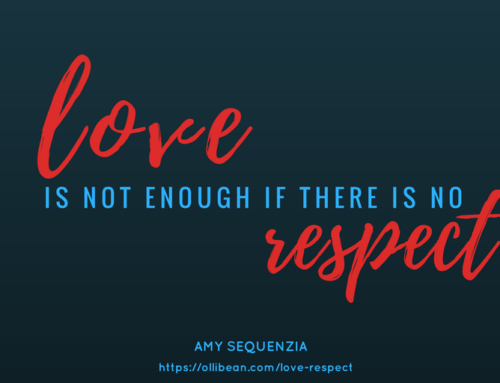
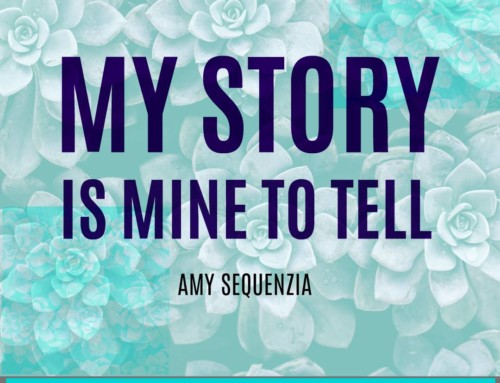
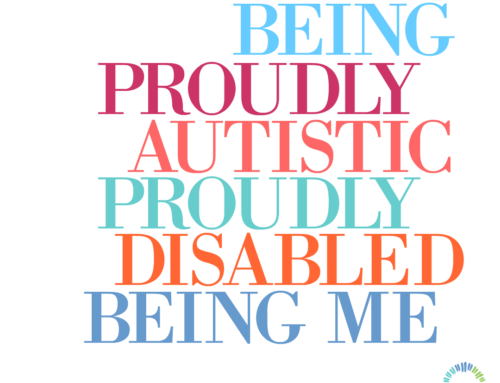
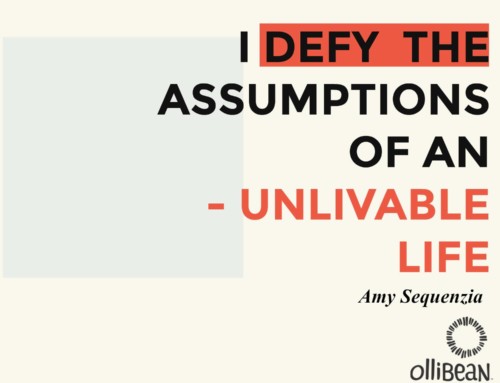
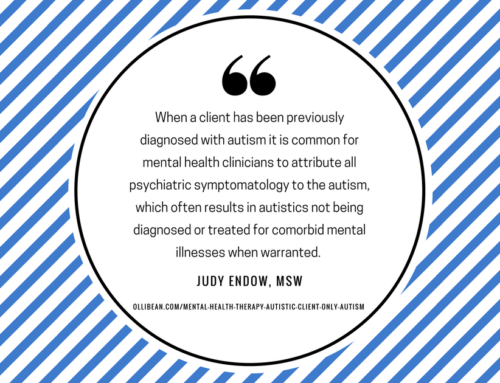
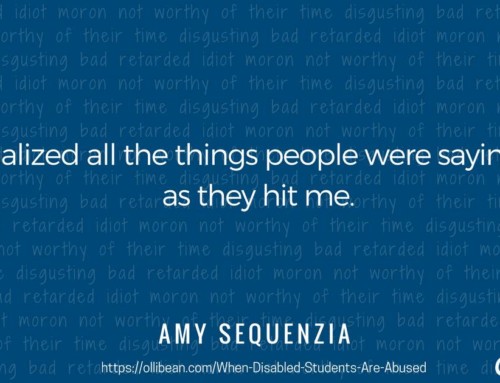

Thanks for saying and writing exactly what’s on my mind. Brilliant!